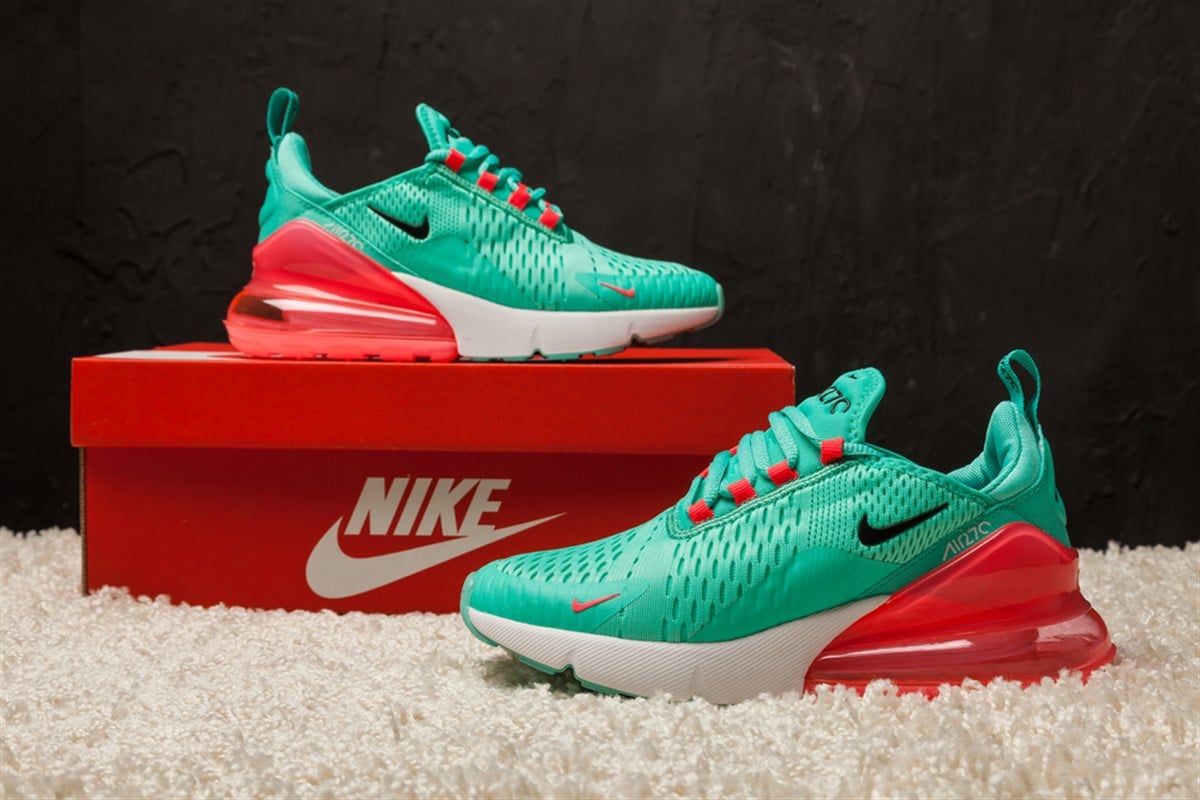
Nike (NYSE: NKE) just announced that its current CEO has retired, and it’s bringing in a long-time employee to take the helm. Elliott Hill will become Nike's CEO on Oct. 14. He hopes to be the new face the company needs to turn its fortunes around.
I’ll detail Nike's history with lame-duck CEO John Donahoe and whether Hill is truly the spark needed to reignite the ailing consumer discretionary company.
How Donahoe Led Nike Astray
Since Donahoe took over as CEO of Nike in Jan. 2020, the company’s performance has been disappointing, to say the least. Shares are down 14% over that time, greatly underperforming their sector. The Consumer Discretionary Select Sector SPDR Fund (NYSEARCA: XLY) has managed to rise by 57%. Revenue has increased slowly over that period, rising a total of just 20% in just under four years.
The first few months of Donahoe's tenure may have tainted his overall strategy for the company. He entered the head role just two months before the beginning of COVID-19 lockdowns in the United States. In the following quarters, Nike’s direct-to-consumer revenue stream saw massive growth. Donahoe believed this trend would continue and aimed to shift more of the company’s revenue toward this business.
On the surface, it doesn’t seem like a bad idea. Direct-to-consumer sales usually have higher margins, and companies cut out the middleman wholesalers, letting them keep more profit. However, it somewhat discounts the fact that going to the store and trying on a pair of shoes is a key element of the purchasing process for many.
But, more importantly, it also left brick-and-mortar stores with a dearth of inventory now that Nike was sending less supply. Notably, the percentage of Foot Locker's (NYSE: FL) inventory spending on Nike dropped from 75% in 2020 to 55% by the end of 2022. This opened the door for competitors to gain customer exposure, as Foot Locker needed inventory from different sources.
Previously unknown brands like On (NYSE: ONON) and Hoka were able to take advantage of this. In 2023, On received 63% of its revenue from wholesale sources and has seen its stock price rise over 50% in the past three years. Nike failed to realize how its overwhelming presence in retail stores kept new competitors from becoming well-known. The same was true for online wholesalers. Nike completely cut ties with e-commerce vendors like Zappos, causing them to need other inventory.
Another big criticism of the firm was Nike's push to sell through mobile apps. They wanted to innovate how they exposed customers to their products, but they weren't innovating the products themselves. They relied too much on very successful products and styles. They stopped pushing to create the next blockbuster shoe.
History Shows Hill Can Bring Nike Back to Its Roots and Stock Market Success
Elliott Hill began his career as an intern at Nike in 1988, just before the company had started cementing itself as the must-own shoe brand worldwide. Before its release, he watched the company's first "Just Do It" ad in a theater with other employees. Hill has a marketing background. He eventually worked his way up the company to oversee all commercial and marketing operations for Nike and its Jordan brand. He retired in 2020.
In the eyes of many, this is exactly what Nike needs right now. Nike has begun to move back toward relationships with wholesalers. Hill should help speed up this process. He likely worked directly with wholesale partners in his previous role. Also, after 30 years at the company, he saw all the successes and failures in product innovation and marketing that made Nike the top name in footwear.
The CEO before Donahoe was Matt Parker, a former sneaker designer. Under his reign, starting in 2006, Nike's stock provided a total return of 1,047% until Donahoe took over. That’s over four times the total return of the S&P 500 over that period. Donahoe, on the other hand, joined Nike after leading a cloud computing company.
Nike's Future: What to Watch For
Clearly, Nike performs better when its leader is steeped in product knowledge. Donahoe’s hiring is a welcome return to that idea and has a great chance to change the market’s tune on Nike. Still, it's important to hear the details of Elliot's plan before rushing back into the stock. Nike will likely provide more clarity around that at its Investor Day on Nov. 19.

















